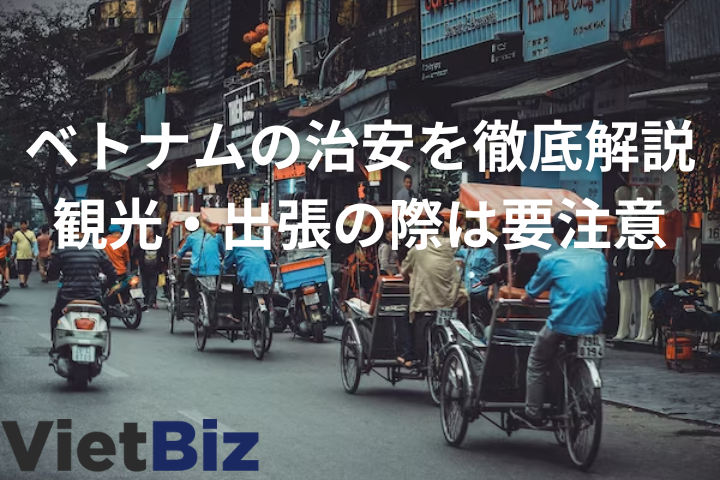Introduction
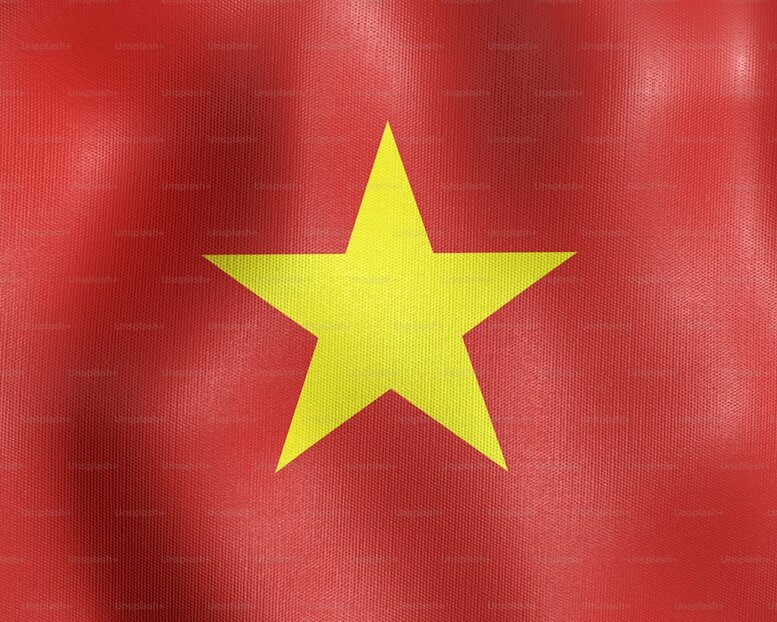
What kind of image do you have of security in Vietnam?
The number of people traveling to Vietnam on vacations and business trips has been increasing recently due to the easing of behavioral restrictions that were made stricter by the coronavirus, making it easier to travel to the country. Many people have the image of Vietnam as a country that seems unsafe, but in fact, it is not that unsafe.
The Institute for Economics and Peace (IEP), headquartered in Sydney, Australia, annually publishes the Global Peace Index (GPI), an index that measures and ranks three categories: level of social safety and security, degree of ongoing domestic and international conflict, and militarization. In this index, Vietnam ranked 44th out of 163 countries in the world in 2022. Among the 22 Asian countries, Vietnam ranks 8th, and South Korea, where many Japanese travel to, is ranked 7th. The index itself differs only by 7 from that of South Korea. Incidentally, Japan ranks 10th in the world and 2nd in Asia, following Singapore. Comparing these specific index values with those of other countries in the world, Vietnam does not seem to be that unsafe a country.
出所:経済平和研究所(IEP)
However, Japanese people tend to be easy targets for pickpockets and criminals, partly because Japanese people are considered to have more money than anyone else in the world. In particular, travelers are easy targets because they are thought to be carrying a lot of money. Furthermore, even business travelers may be targeted if they are wearing a clean jacket or shirt. Therefore, even in Vietnam, which is relatively unsafe, it is very important to understand the characteristics of each area and take security measures.
In this report, we will explain and introduce the security situation in Vietnam. First, an overview of security in each of Vietnam’s major cities will be presented, followed by an explanation of specific crimes and countermeasures.
Security by Major Cities in Vietnam

Vietnam is a long and narrow country with different temperaments and cultures in the northern, central, and southern regions. For this reason, the security situation also differs slightly. In this article, we will introduce three major cities: Hanoi, the capital in the north, Ho Chi Minh City in the south, and Da Nang in the center. There is no difference in what you need to be aware of in any of these areas, but knowing where the risks are can help protect you. It is a good idea to do some research beforehand and talk to people you know.
Hanoi
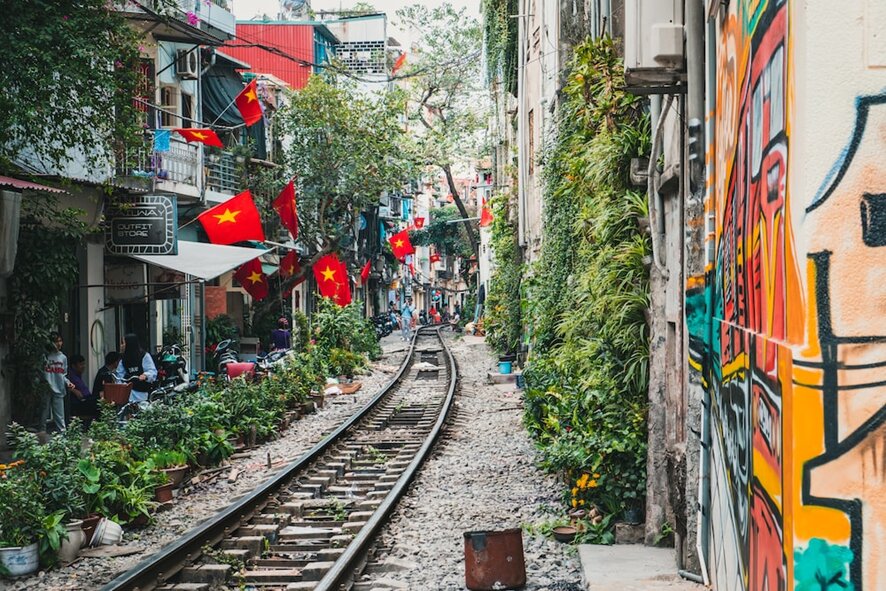
As for security in Hanoi, Vietnam, you should still be wary of the areas around tourist attractions. Hanoi, the capital, has many tourist attractions, but the Old Quarter around the most famous Hoan Kiem Lake and the area around the Hanoi Grand Church are the places where pickpockets and rip-offs are most likely to occur, partly because there are so many tourists. The most dangerous type of tourist is the cyclo, an uncle who carries tourists around on his back. Basically, the fee is said to be around 100,000 dong. Be careful, however, as some people may raise the price and try to rip you off. Also, if you get carried away with sightseeing and forget your wallet, cell phone, or other valuables, they may be stolen, so be very careful.
In addition, there are many souvenir stores and stores lined up around the old town, where tourists and business travelers will have the opportunity to purchase souvenirs. Please note that most stores do not have price tags, and prices are quoted on the spot. If you have someone who is familiar with the area, it is best to ask about the market price to some extent before purchasing, or purchase at a price you are comfortable with.
Business travelers should be especially careful around the stores lined with drinking establishments, such as “Kim ma” (Kim Ma street) in the Japanese district. Drinking alcohol makes you an easy target, as you are more likely to get drunk and walk around with your bag open, put your cell phone or wallet in your hip pocket, or leave something in a cab. Be especially careful during nighttime hours.
Ho Chi Minh

Per quanto riguarda la sicurezza a Ho Chi Minh City, in Vietnam, come ad Hanoi, bisogna fare attenzione ai borseggiatori, soprattutto nelle zone turistiche. Il luogo più comune di Ho Chi Minh City per i borseggiatori è il mercato di Ben Thanh, dove si vendono souvenir e oggetti di uso quotidiano. Alcune persone hanno persino subito il furto delle loro borse in questa zona, quindi fate molta attenzione. È buona norma tenere sempre la propria pochette davanti a sé, non dietro la schiena, in modo da averla sempre a portata di mano. Non mettete mai oggetti di valore nelle tasche dei fianchi.
Particolare attenzione va prestata anche a Le Thanh Ton (via Letang Ton), conosciuta anche come il quartiere giapponese di Ho Chi Minh City, e a Bui Vien (via Bui Vien), considerata la via dei backpacker. Le vie Le Thanh Ton e Bui Vien attirano anche i giapponesi. Sono facilmente distratti dall’ubriachezza e possono essere pericolosi. Gli uomini, in particolare, possono essere facilmente distratti dalle numerose donne che si intrattengono in questa zona, ma se perdete o vi rubano il cellulare, il portafoglio, le carte di credito o il passaporto, dopo avrete difficoltà. Naturalmente, non solo gli uomini ma anche le donne devono fare attenzione. A seconda dell’oggetto, potrebbe anche essere una seccatura per la compagnia o per le persone intorno a voi. È bene divertirsi, ma è comunque molto importante essere consapevoli dei pericoli, anche nei Paesi in cui la sicurezza non è poi così male.
Danang

Per quanto riguarda la sicurezza a Da Nang, Vietnam, Da Nang è una destinazione turistica molto popolare in Vietnam, con un numero relativamente basso di viaggiatori d’affari e con maggiori probabilità di essere presa di mira dai turisti.
A Da Nang c’è un mercato chiamato Hanh Market. Si dice che l’area intorno a questo mercato non sia pericolosa, ma state in guardia. Le persone tendono a riunirsi anche presso il Ponte del Drago (Cầu Long), una delle principali attrazioni di Da Nang, quindi ricordate di fare molta attenzione alle borse e agli effetti personali durante lo spettacolo di fuoco del Ponte del Drago.
Crimes to Be Especially Careful of in Vietnam and How to Defend Yourself
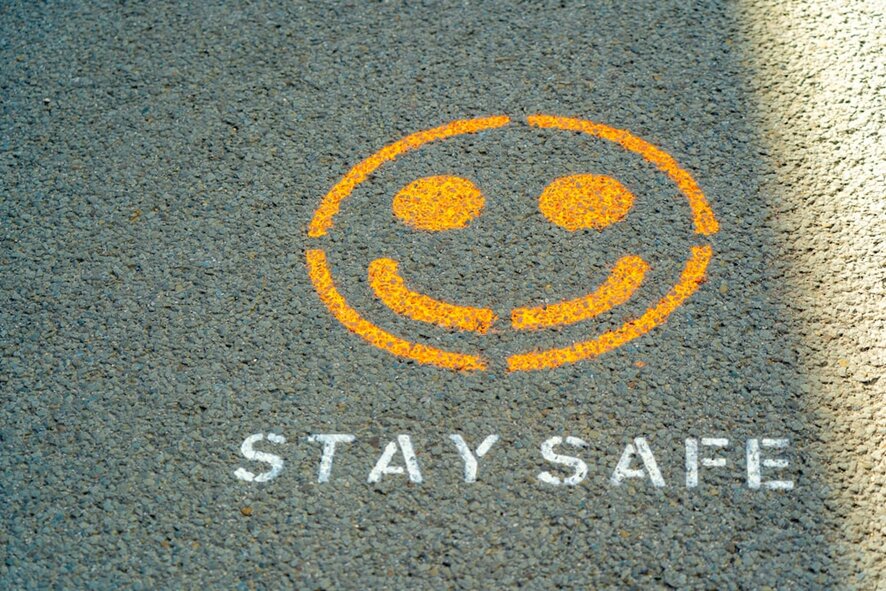
In Vietnam, there are relatively few violent crimes such as murder and robbery against foreigners, while crimes such as theft, pickpocketing, snatching, and rip-offs targeting tourists and business travelers are common.
In Japan, where people are especially kind, forgotten or lost items may be easily reported to the police and returned, but this is not the case in Vietnam.
The public security in Vietnam is not as trustworthy as the police in Japan. They may steal people’s belongings or demand bribes. I feel it is important to have a plan for self-defense in case of emergency.
In this chapter, we will explain the characteristics of each crime and how to defend yourself with regard to security in Vietnam.
You may get ruffled abroad and loose your temper and get caught up in crime or theft. However, if you are too uptight, you will get tired. It is better to be aware of this.
Purse Snatcher
The most common patterns of snatch-and-runs in Vietnam occur when passing motorcycles or in crowded places such as tourist attractions.
Both tourists and business travelers should be careful in crowded places, especially in markets and crowded tourist areas, in areas with few pedestrians, and at night. Also, be especially careful of people on motorcycles stealing your bag while you are walking down the street, or having your cell phone stolen while you are walking on your phone. If you are on a motorcycle, you will most likely not be able to catch up with them in time.
How to Defend Yourself against Snatch-and-Grab
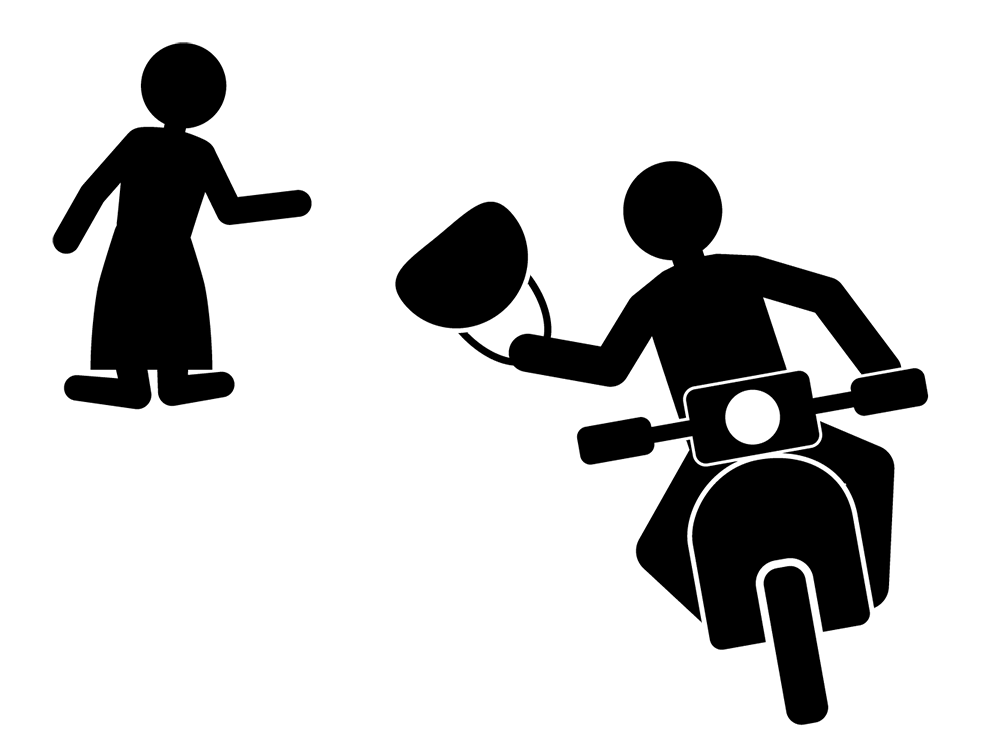
To protect yourself from being snatched in Vietnam, do not carry your bag or carry-on case on the side of the roadway when going from the airport to the hotel or from the hotel to the airport. If you must carry your baggage on the side of the roadway, hold it with both hands just in case. This is expected to prevent purse-snatching by motorcycles, which is particularly dangerous.
Also, in tourist areas and other crowded places, always keep your luggage within sight and reach, and wear it securely. If you do not wear it securely, you will be more likely to be targeted.
Also, be especially careful about walking around with your phone, as they are easy to steal and highly valuable. When touching your phone in the street, be very alert to your surroundings.
Pickpoket

Unlike purse snatchers, pickpockets steal things without the victim’s knowledge. Not only tourists and business travelers are at risk, but also residents. The situation is similar to that of a purse snatcher, and you should be especially careful in crowded places. Especially when you are a tourist, you need to be especially careful because you tend to be distracted by the city and the things you see.
How to Defend Yourself against Pickpoket
To avoid becoming a victim of pickpocketing in Vietnam, it is very important to keep your luggage within your sight and reach. By keeping them in plain sight, you will be able to detect danger. Also, when you are sightseeing or talking to someone, if you check your baggage with your hand and keep it close to your hand, the pickpocket will decide that he/she cannot steal it. There have been cases where bags have been cut open with a knife and the contents stolen, so if you want to be on the safe side, it is safer to hold backpacks and other items in front of your body.
Baggage Stealing

In Vietnam, purse-snatching is especially likely to occur in cyclos, cabs, hotels, and cafes. If you leave your luggage out of sight, it may be stolen.
How to Protect Yourself against Baggage Stealing
In Vietnam, the best way to avoid being robbed is not to leave your belongings unattended. If you don’t leave them there in the first place, you don’t have to worry about them being taken. In particular, when getting out of a cab, you should always check to make sure that you have not left anything behind on the seat. Furthermore, when going to order or use the restroom at a café, etc., do not leave your bag or other valuables or purchases on the table, or have a companion keep an eye on them. In Japan, people leave their luggage behind to secure a seat, but this should never be done in Vietnam.
Rip-off

Rip-offs in Vietnam are especially common among tourists and first-time business travelers to Vietnam.
When taking a cab in Vietnam, there have been cases where the driver took the money and said, “This is OK,” but when he got off the cab, he found that he had been charged a large amount of money.
Also, in Vietnam, restaurant staff often calculate money on plates instead of typing it into the cash register when paying, and since there are no vouchers, it is often difficult to know the amount of money. The unit of money in Vietnam is often 0 (zero), which is difficult to understand, so it is easy to lose track of how much you have spent or how much you have eaten.
How to Defend Yourself from Rip-off
The best way to avoid getting ripped off in Vietnam is to have some idea of the amount that will be charged to you. If you feel that the price is a little higher than that, ask back. If you feel that the price is a little high, ask back. The other party may get angry, but if you feel that they are clearly ripping you off, they will give up if you calmly do the math. If the person is clearly ripping you off and is persistent, calculate the price yourself and leave with the correct amount. Some Vietnamese are stronger than Japanese. Some people may be overwhelmed by their energy and pay the amount offered, but there is no need to pay more than you have used or eaten.
Other Dangers to Watch out for in Vietnam
So far, we have introduced crimes and areas to be wary of in terms of security in Vietnam, such as snatch-and-grab, pickpocketing, and rip-offs. In this chapter, we will explain what you should watch out for other than those related to security.
Food (water) Poisoning
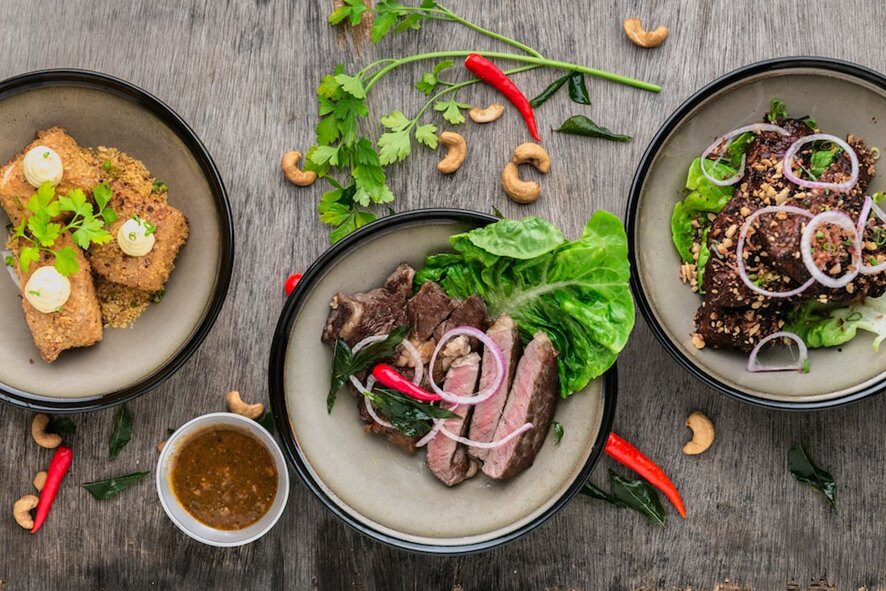
In Vietnam, be careful of food and water poisoning. In Japan, you can drink tap water without a water purifier, but not in Vietnam. It is also not recommended to use tap water for cooking. Some people get water poisoning even from soup when eating out and have to rest for several days.
In Vietnam, you should also be careful about food poisoning. If you stay in Vietnam for a long period of time, you may have the opportunity to eat local food that local Vietnamese people have told you is delicious. Not all local food will cause food poisoning, but the hygienic environment in Vietnam is not yet good. The sense of hygiene is different from that of Japanese who have lived in a clean environment. Try to avoid foods that you find a little scary.
Chopsticks and spoons used for eating should also be disinfected thoroughly.
Natural Disaster

Vietnam’s climate varies from northern, central, and southern regions, but the natural disaster that can occur in any region is flooding. In Vietnam, rainfall is abundant and can be as heavy as a squall. The poor drainage of roads in Vietnam is another cause of flooding. It is said that 80% of the victims of disasters in Vietnam are caused by floods, storms, and other water-related disasters, so tourists and residents in Vietnam need to be vigilant.
It is a good idea to look at the weather forecast and if it looks like it is going to rain badly, to refrain from going far and to return home early before it rains. In addition, car-dispatch applications such as Grab, which are convenient as a transportation valve, may not be able to catch you when it rains, or the price may become very high, making it impossible to get home.
Although earthquakes do not cause many disasters like in Japan, floods and other water-related disasters are also very dangerous, so take extra precautions when there is heavy rain or storms.
Dengue・Hydrophobia・Hepatitis B

Although it is a little different from the security situation in Vietnam, you should also be aware of certain diseases when you go to Vietnam.
For example, some people can get dengue fever, so be careful of local mosquitoes. If you are particularly prone to mosquito bites, be sure to wear long sleeves and long pants in places where there are likely to be many mosquitoes. Be especially careful in places with abundant nature, and it may be a good idea to prepare a local insect repellent.
Furthermore, before going to Vietnam, it is recommended that you get vaccinated against rabies and hepatitis B in advance.
In Vietnam, there may be stray dogs on the streets, and you should be vaccinated in case you encounter any. In addition, some local Japanese clinics offer vaccinations, so if you are staying in Vietnam for a long period of time and cannot get vaccinated before leaving the country, you can get vaccinated there as well.
Summary
In this report, we have introduced some things to keep in mind regarding security in Vietnam.
We have provided comprehensive information on security in each of Vietnam’s major cities, crimes to watch out for and how to defend yourself, pickpocketing, shoplifting, food poisoning, diseases, etc.
As mentioned at the beginning of this article, Vietnam is not a safe country, but there are dangers and precautions to be taken in any country.
Although Vietnam is not a particularly safe country to live in on a daily basis, it is necessary to exercise caution in places where there are obvious dangers, such as bars and crowded places. However, you should take precautions in places where there are obvious dangers, such as bars and crowded places.
It is also necessary for long-term business travelers and residents to know about local security and matters. As you get used to the area, you will be able to protect yourself, for example, by knowing that pickpockets are likely to be present here, or that this restaurant is not very hygienic, so you should disinfect your chopsticks and plates with alcohol before eating. In addition, it is also recommended that you carry some medicine to protect yourself from food poisoning and illness.
【関連記事】ベトナムの生活については、こちらの記事も合わせてご覧ください。
ベトナム市場調査レポート一覧はこちらからもご覧頂けます。

ベトナム市場の情報収集を支援します
ベトナム市場での情報収集にお困りの方は多くいらっしゃるのではないでしょうか。
VietBizは日本企業の海外事業・ベトナム事業担当者向けに市場調査、現地パートナー探索、ビジネスマッチング、販路開拓、M&A・合弁支援サービスを提供しています。
ベトナム特化の経営コンサルティング会社、ONE-VALUE株式会社はベトナム事業に関するご相談を随時無料でこちらから受け付けております。

